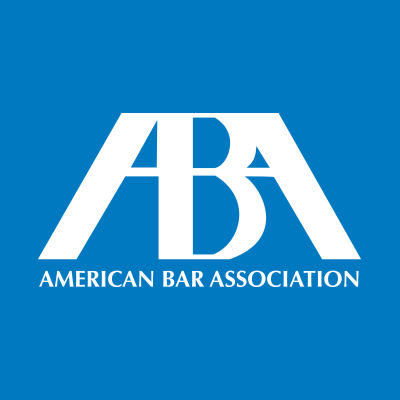ABA takes timely stand on sex harassment

In one of its final acts at the 2018 Midyear Meeting, the ABA House of Delegates has taken a stand against sexual harassment, approving a resolution to urge all employers to create and enforce effective sexual harassment policies.
“There can hardly be a resolution more timely,” said Stephanie Scharf, chair of the ABA Commission on Women in the Profession, as she introduced the resolution on Monday in Vancouver, British Columbia.
Scharf pointed to earlier leadership from the ABA on the issue of sexual harassment, when it passed a 1992 resolution that sexual harassment should not be tolerated.
Unfortunately, Scharf says, “it continues to affect individual people by driving them away from work they enjoy and that they are eminently qualified to perform.”
Resolution 302, which was introduced by the Commission on Women in the Profession, the Section of Litigation and the Section of Civil Rights and Social Justice, also garnered support from numerous other ABA entities and minority bar associations.
It urges that all employers adopt and enforce policies to “prohibit, prevent, and promptly redress” harassment and retaliation based on “gender, gender identity, and sexual orientation, and the intersection of sex with race and/or ethnicity.”
It also lays out specific suggestions for what those policies should address and how investigations and disciplinary actions could be undertaken.
An amendment to the original resolution was proposed by Mark Schickman of Freeland Cooper & Foreman LLP in San Francisco.
Schickman, an employment lawyer, told the delegates he wanted to make one thing clear: “With or without this amendment, I will vote for Resolution 302,” he said, “And I urge you to do the same.”
He characterized the language changes as easy fixes that could make a good resolution a bit better and bring it in line with recommendations from a 2016 Equal Employment Opportunity Commission task force report on harassment in the workplace.
Schickman’s fixes included items like removing the word “confidential” from “confidential reporting” and replacing it with “anonymous.” In current employment law best practices, “we train people not to promise confidentiality,” he said.
The amendment passed.
Gene Vance of the Section of Litigation rose to speak in favor of the resolution, telling the audience that men had to be willing to engage in the fight against sexual harassment.
“Men have an obligation to end this now,” he said to applause from the delegates. “Men must refuse to enable, to ignore, to excuse. Men must say, ‘Time’s up.’”
Wendy Shiba, the representative from the National Asian Pacific American Bar Association, praised the resolution for specifically using referencing the “intersection of sex with race and/or ethnicity,” pointing out that women of color experience particular types of sexual harassment and at higher rates than their white women colleagues.
“We cannot remain silent,” Shiba said. She called on the delegates to use the power and influence of the ABA to act against sexual harassment, and quoted Rabbi Hillel: “If not now, when?”
Myles Lynk also rose to speak in favor of the resolution, both as a member of the Board of Governors and a past chair of the Standing Committee on Ethics and Professional Responsibility. He also drew attention to action the association took in 2016 to address gender-based harassment by amending the Model Rule 8.4 on misconduct.
The resolution as amended was passed by an overwhelming voice vote, and cheers and applause broke out as the chair announced its passage.
Updated Feb. 7 to correct link to resolution as amended.
Follow along with our full coverage of the 2018 ABA Midyear Meeting



